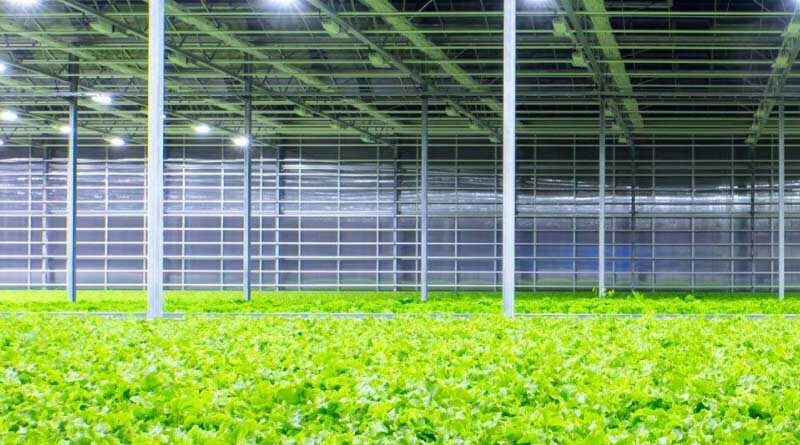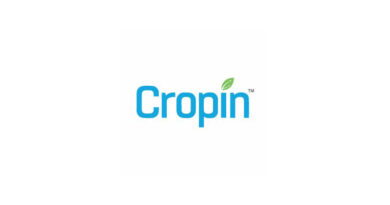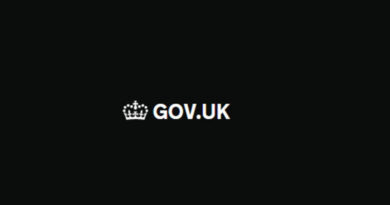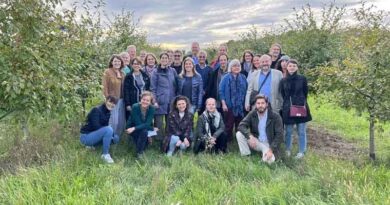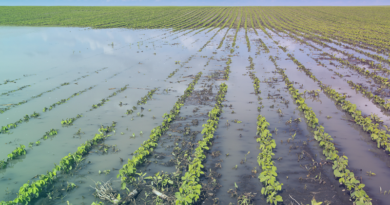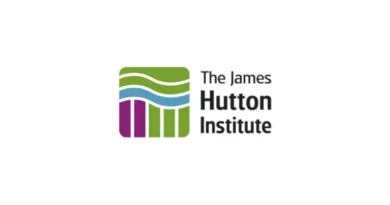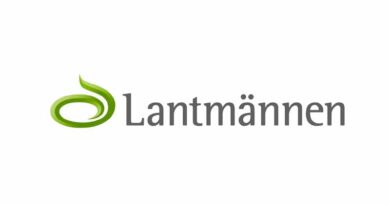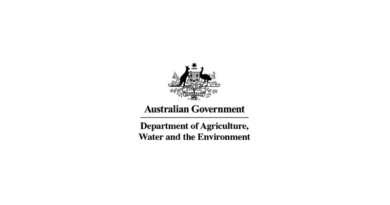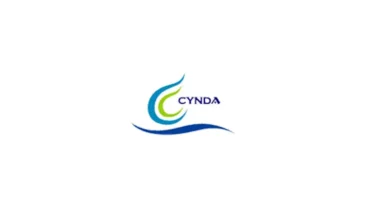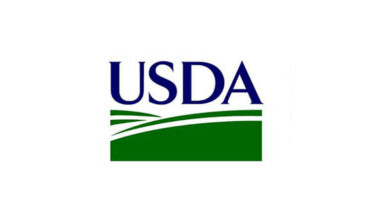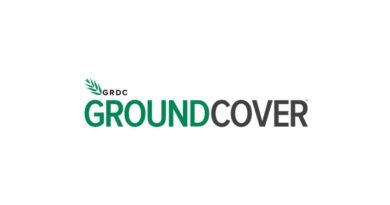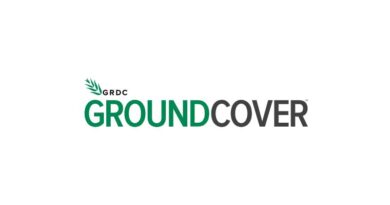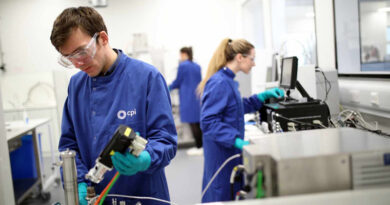New SecQuAL consortium launches with a mission to bring the farm-to-fork ecosystem into the digital age
26 August 2021, UK: A group of eleven UK companies has been awarded funding by the Industrial Strategy Challenge Fund for a project designed to bring technology to the fore in the farm-to-fork ecosystem. The award is part of ‘Made Smarter Innovation delivered by UK Research and Innovation’
The SecQuAL (Secure Quality Assured Logistics for Digital Food Ecosystems) project will initially focus on the application of smart labels in pork production, in order to reduce food waste and increase consumer confidence in the food they purchase.
SecQuAL will enable a new breed of high
growth UK based innovators to develop critical and integrated technologies which support
the increasing digitalisation and provenance transparency of food supply chains through the benefits of blockchain technologies. They will work alongside the established supply chain which is grappling with the added challenges and opportunities of post-Brexit international trade and the current pandemic.
Smart labels are unique digital IDs which can be attached to food, allowing it to be traced, tracked and monitored in real-time.
The technology can be applied to provide information on food provenance, monitor cold chain conditions, more accurately predict shelf-life and even enable direct feedback from consumers to producers. Smart labelling can also identify bottlenecks and inefficiencies in supply chains, as well allowing for remote regulatory oversight and compliance.
Consisting of 11 organisations including CPI, IBM with IBM Food Trust, Cranswick Foods PLC and the Food Standards Agency, the SecQuAL consortium brings together experts across technology, software and systems, food production and supply chain regulation and assurance, with the key objectives of the project including:
Innovation in food assurance technology.
Working with technology leaders to develop solutions that support digitalisation and transparency of food supply, in particular through blockchain technologies.
Effective data capture and sharing.
Developing approaches to standardise the collection and sharing of data and building platforms that deliver the right analytical capabilities.
Data integrity and governance.
Best practice and testing of data sources, formats, security and compliance.
Integration with assurance standards.
Working closely with regulators and assurance experts to ensure innovation is compatible and compliant.
A broad food sector view.
Consulting the wider food sector to address the needs of alternative food supply chains in the design of the pilot.

